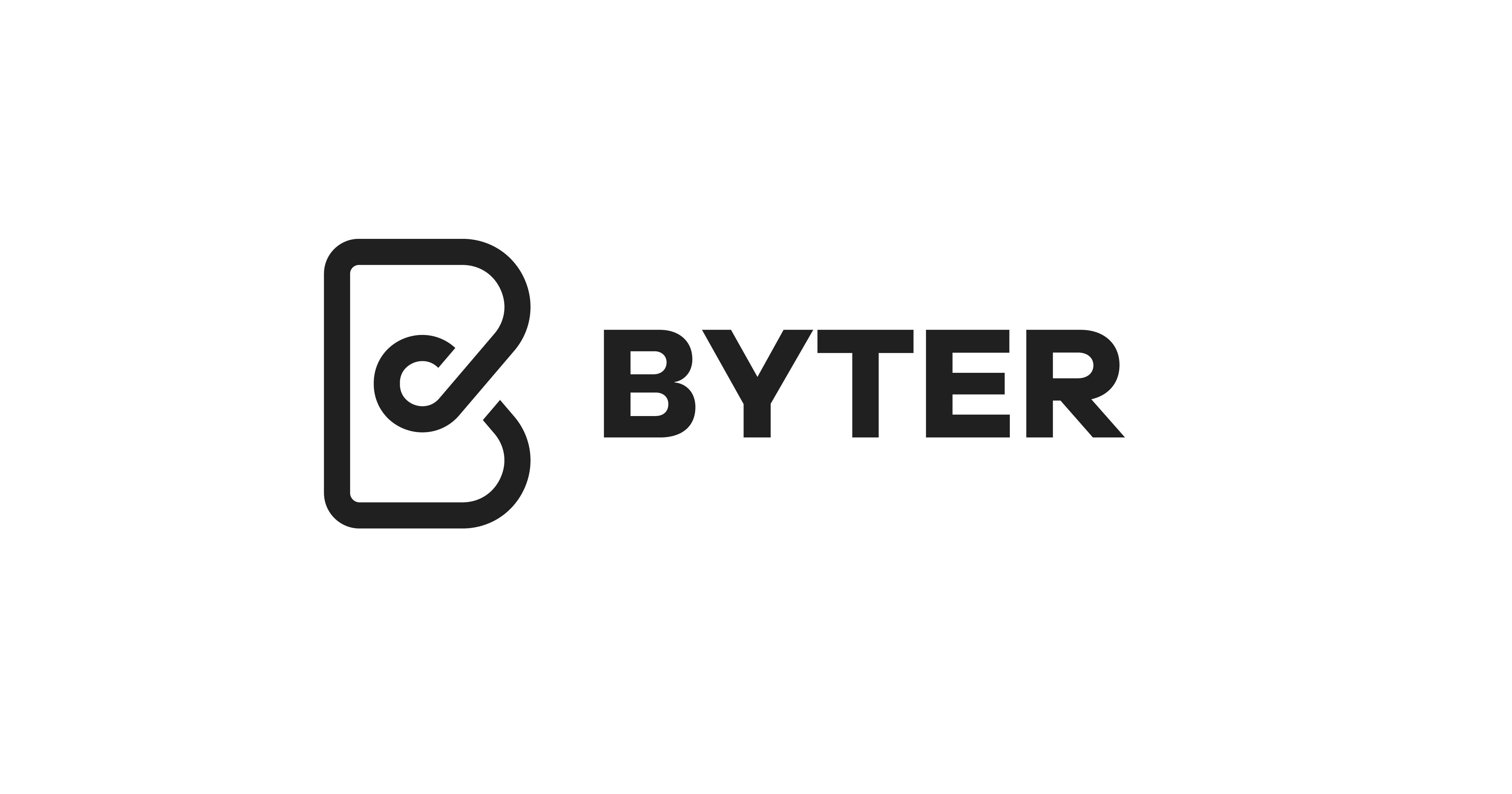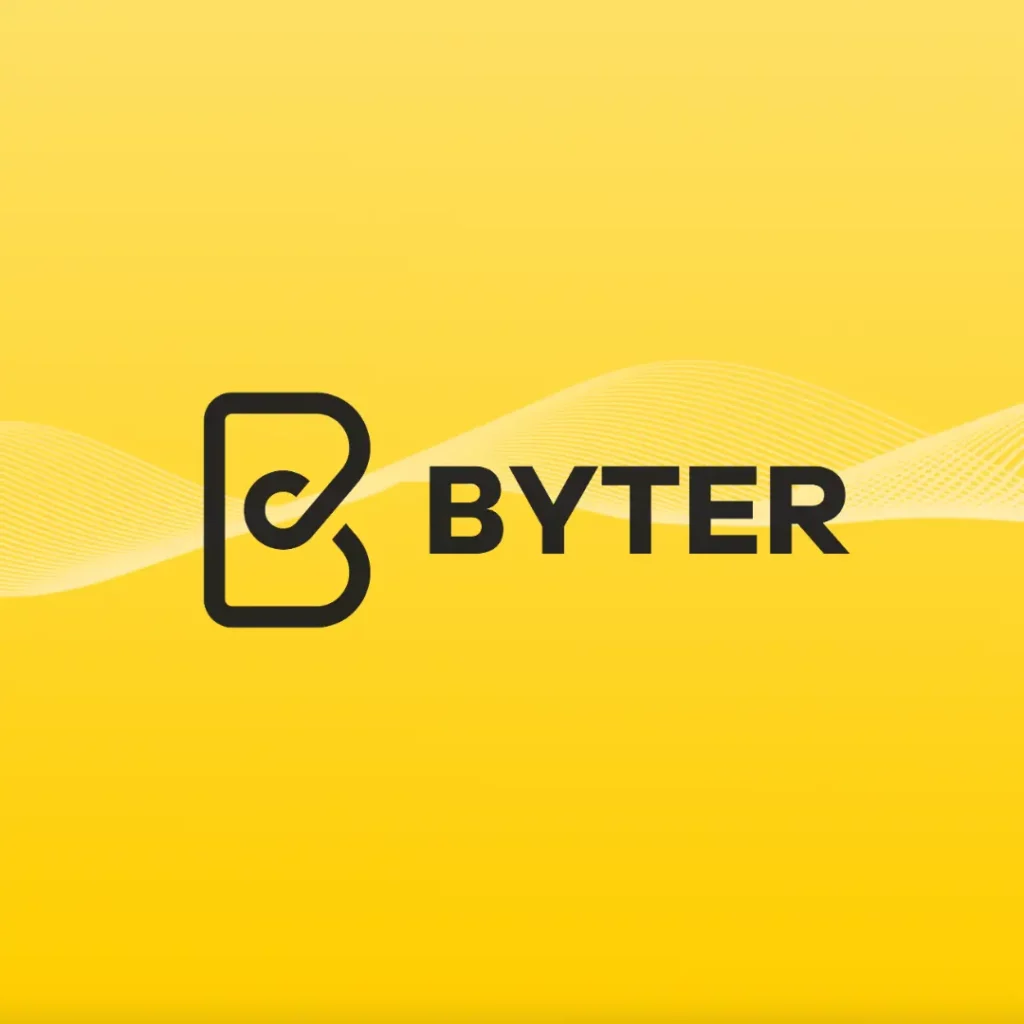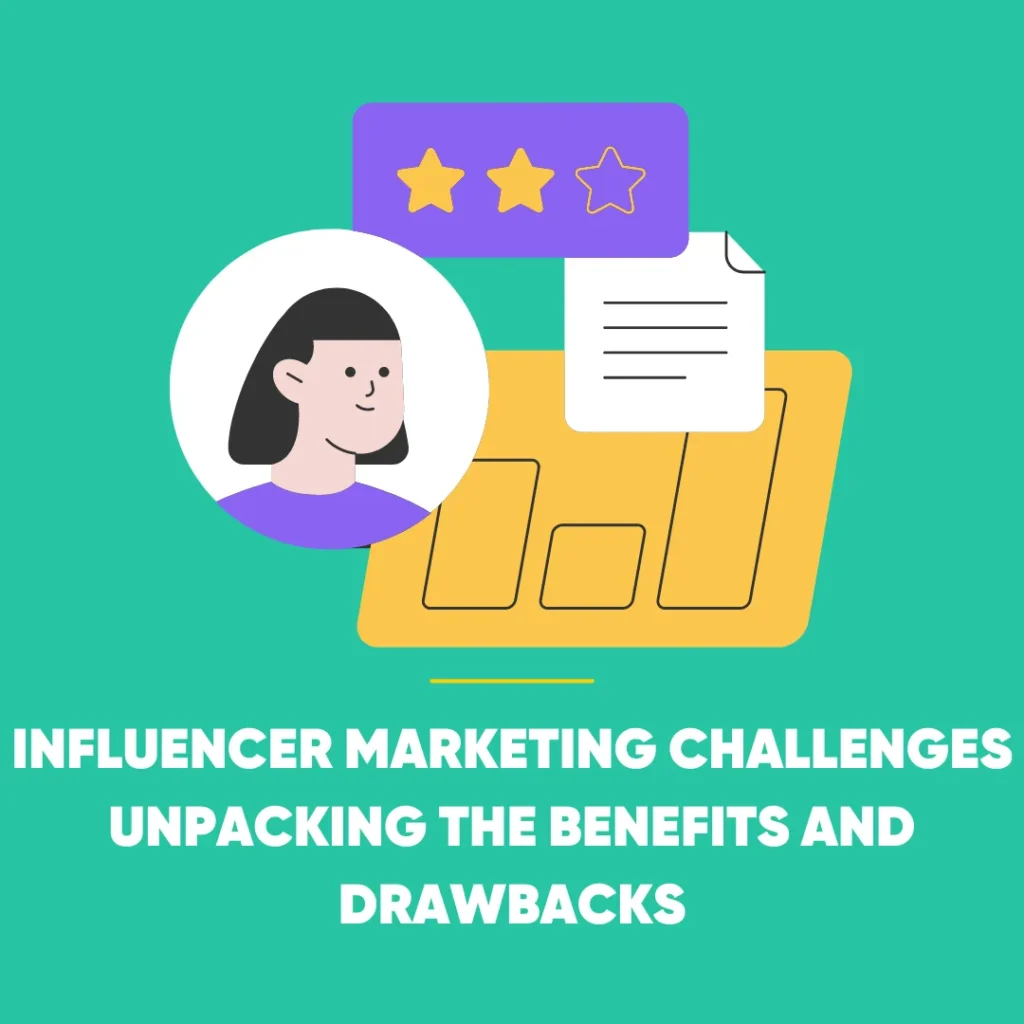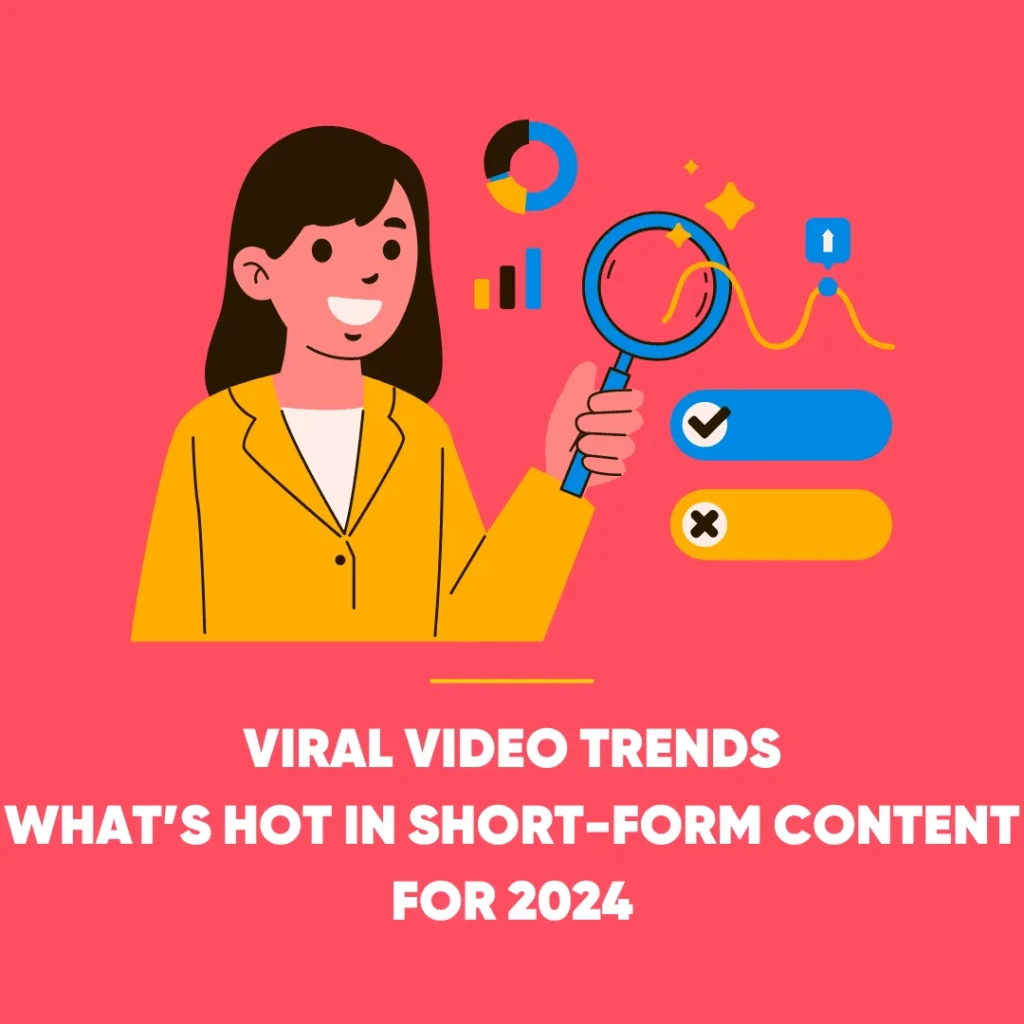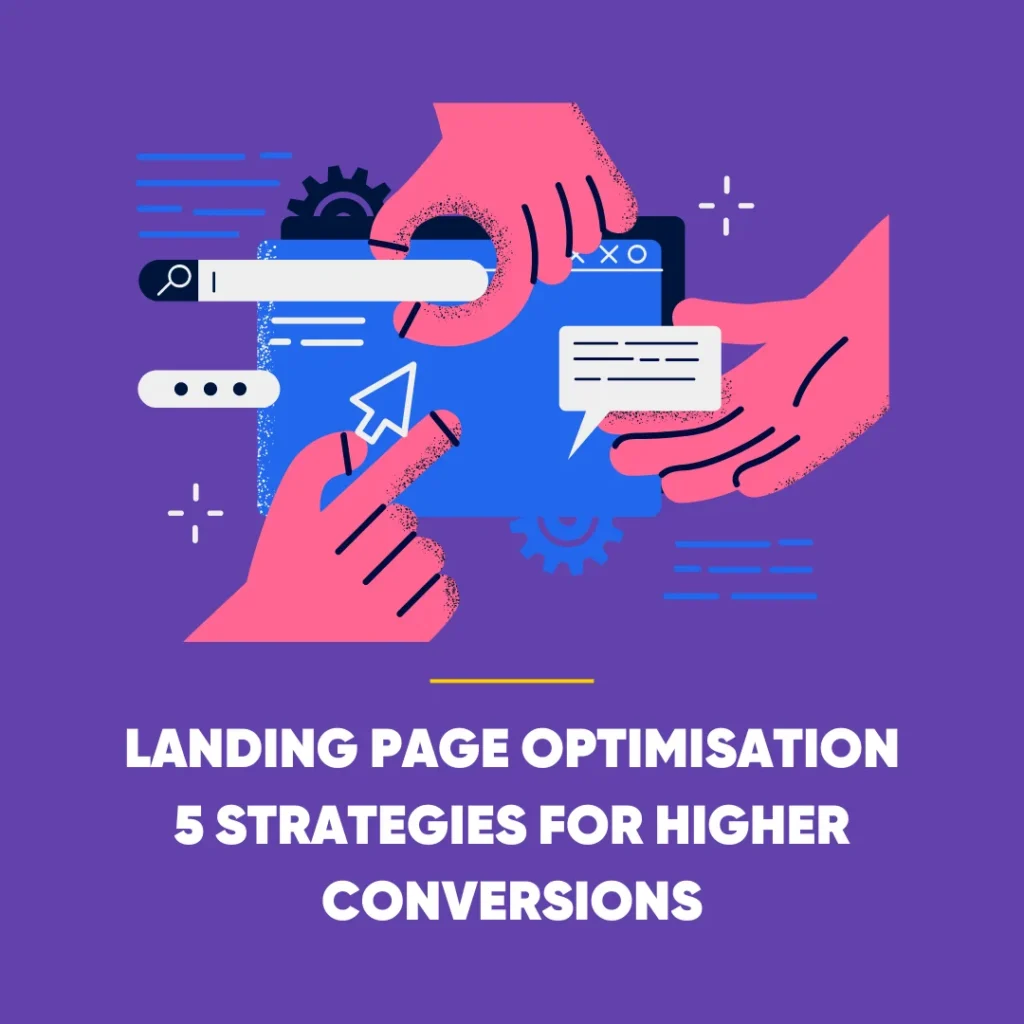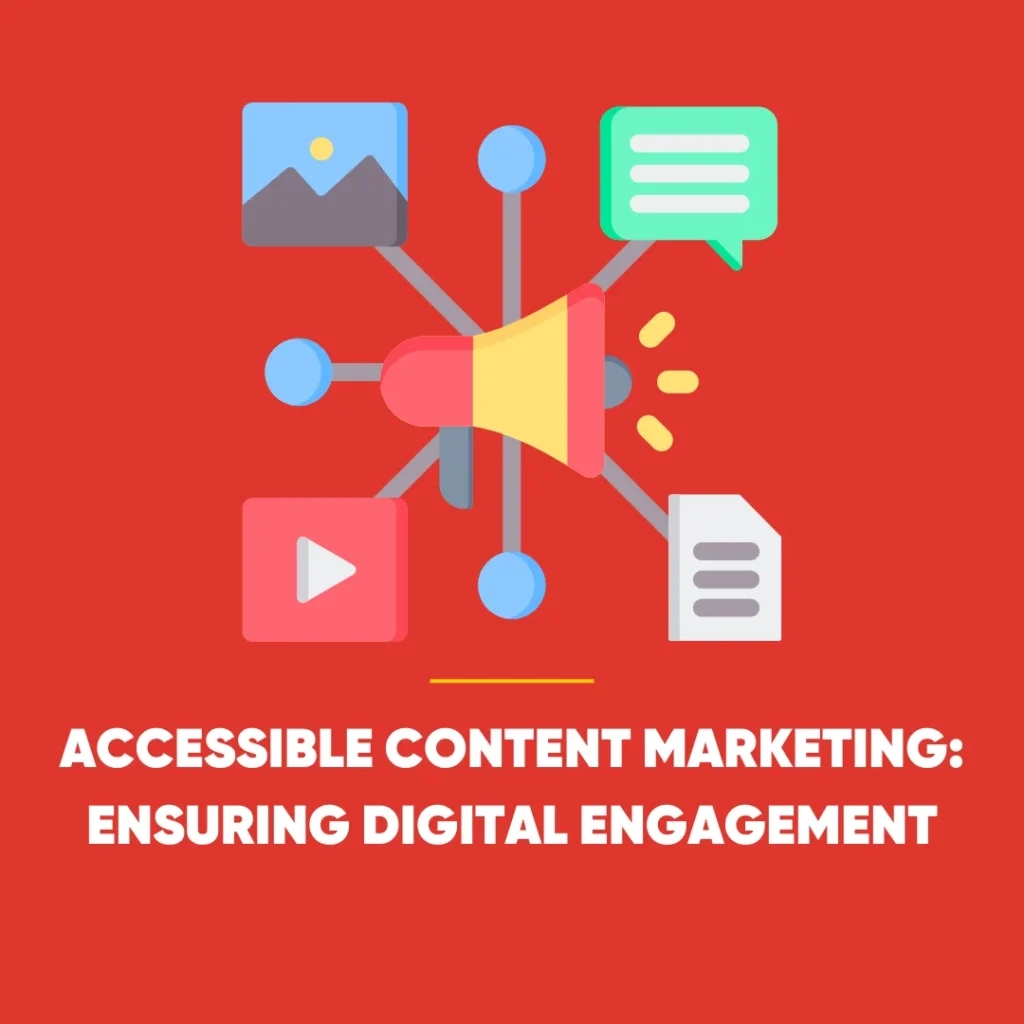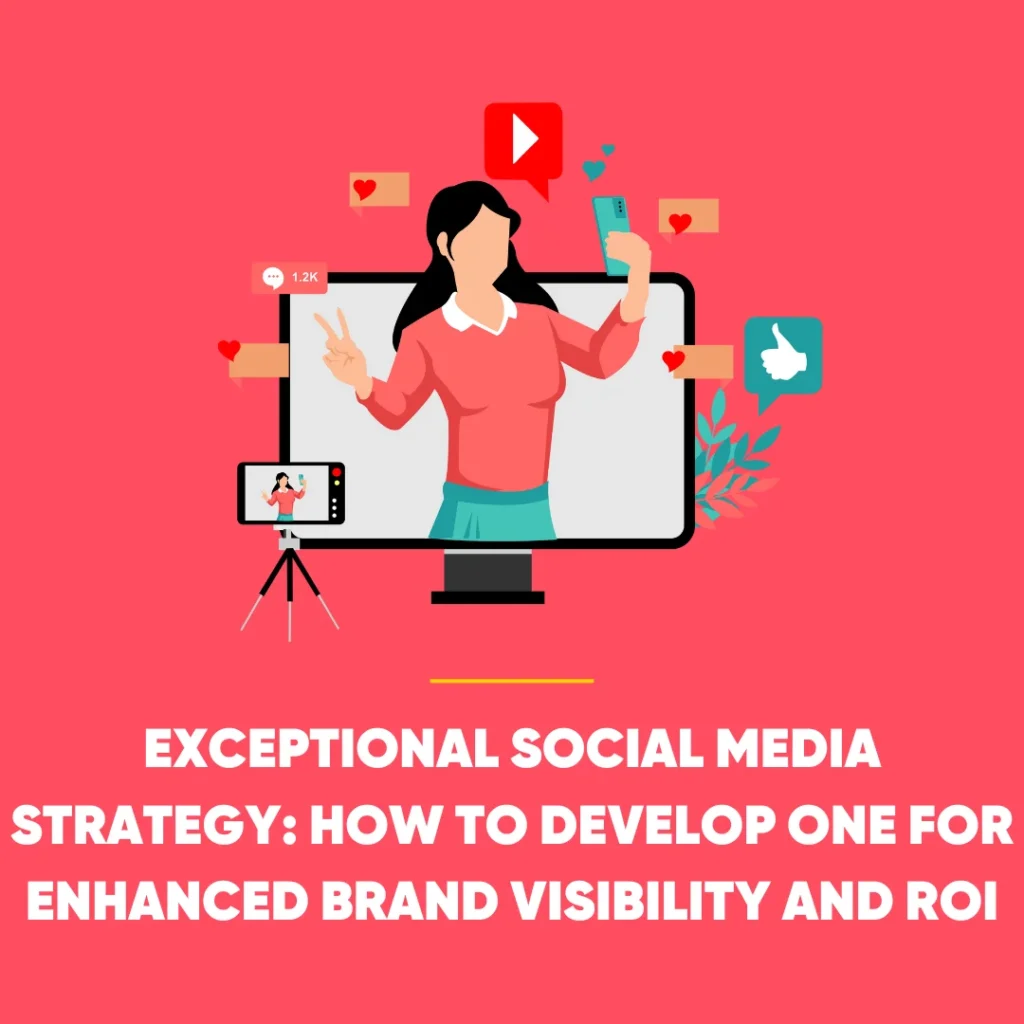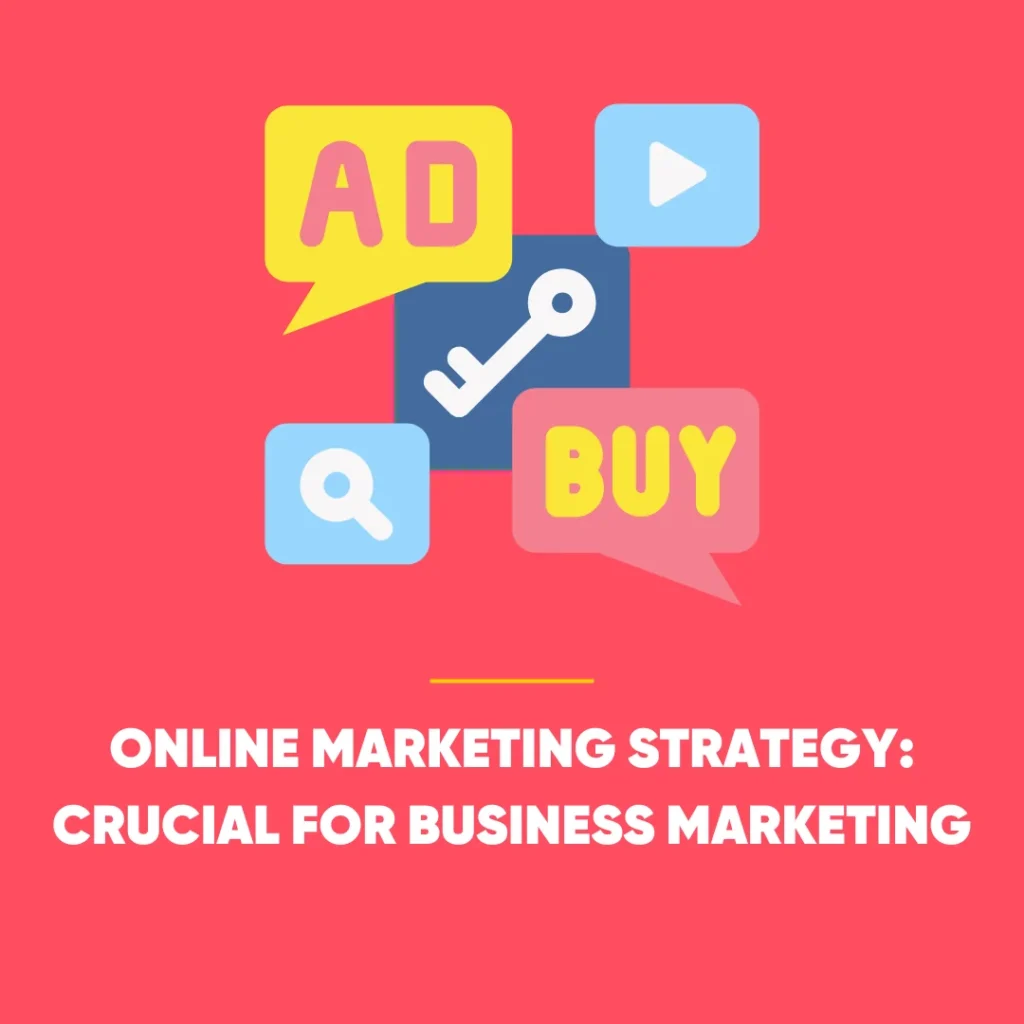The Role of Social Media in Lead Generation
Overview of Social Media Platforms
In today’s digital landscape, the integration of social media is paramount for lead generation and has become an integral part of our daily lives. Platforms like Facebook, Twitter, and Instagram serve as global meeting places, connecting people and businesses across the world.
Definition and Importance of Lead Generation
Lead generation, a pivotal aspect of marketing, involves attracting and converting potential customers into individuals interested in your products or services. Social media plays a crucial role in this process by creating opportunities to engage with a diverse audience and convert them into valuable leads.
Social media platforms provide an expansive canvas for businesses to showcase their offerings, making it a dynamic hub for lead generation. Through engaging content and strategic interactions, companies can not only increase brand awareness but also cultivate a community of potential customers.
Strategies for Effective Lead Generation on Social Media
Utilising Targeted Content for Lead Generation
Crafting content tailored to the specific interests and needs of your target audience is essential. By providing valuable information and addressing pain points, businesses can capture the attention of potential leads and encourage them to take further action.
Leveraging Social Media Advertising for Lead Generation
Additionally, paid advertising on social media platforms offers a targeted approach to reach potential customers. With precise audience targeting and compelling ad creatives, businesses can maximise their reach and generate quality leads.
Engaging with Audiences to Foster Lead Generation
Building relationships with your social media audience is key to successful lead generation. In fact, engaging with comments, starting discussions, and running polls or surveys actively builds a sense of community and trust. As a result, in turn, boosts conversion rates.
 Utilising Targeted Content
Utilising Targeted Content
Crafting content tailored to your audience is essential for successful lead generation. Address their pain points, interests, and needs through blog posts, images, and videos. This approach captivates your audience, encouraging them to explore your products or services further.
Effective content involves understanding your audience’s preferences and delivering information in a compelling manner. Regularly update your content to stay relevant and maintain audience engagement. In fact, this strategy not only attracts potential leads but also establishes your brand as an authority in your industry.
Leveraging Social Media Advertising for Lead Generation
Harness the power of social media advertising to reach a wider and more targeted audience. Platforms like Facebook and Instagram allow businesses to create highly specific ad campaigns. By using demographic filters and interest-based targeting, you can ensure your ads are seen by those most likely to convert into leads.
Investing in paid advertising on social media platforms can significantly boost your lead generation efforts. Create visually appealing and informative ads that prompt users to take action, whether it’s signing up for a newsletter or making a purchase. Regularly analyse the performance of your ads and adjust your strategy accordingly to maximise results.
Engaging with Audiences to Foster Lead Generation
Additionally, building a connection with your social media audience is paramount for fostering lead generation. Actively respond to comments, messages, and mentions. Initiate discussions through polls, surveys, or interactive content to encourage participation.
Engagement builds trust and a sense of community, which can lead to increased conversion rates. When your audience feels valued and heard, they are more likely to become loyal customers and advocates for your brand. Regularly monitor and analyse engagement metrics to refine your approach and maintain a thriving online community.
 Key Performance Indicators (KPIs) for Lead Generation
Key Performance Indicators (KPIs) for Lead Generation
To gauge the success of your social media lead generation efforts, monitoring Key Performance Indicators (KPIs) is crucial. These metrics provide valuable insights into the effectiveness of your strategies and help refine your approach.
Track metrics such as click-through rates, engagement levels, and conversion rates. High click-through rates indicate that your content resonates with your audience, while engagement metrics showcase the level of interaction and interest. Conversion rates, however, directly measure how many leads were generated from your efforts.
Regularly assess KPIs to identify patterns and trends. If certain types of content consistently perform well, tailor your future strategies accordingly. Additionally, stay vigilant for any fluctuations in metrics, as they may signal changes in audience behaviour or market dynamics.
Analysing Social Media Campaigns for Lead Conversion
Analysing the performance of individual social media campaigns is integral to refining your lead generation strategy. For this reason, examine which campaigns yielded the highest conversion rates and identify the elements that contributed to their success.
Evaluate the effectiveness of your call-to-action (CTA) buttons, ad copy, and visual elements. A/B testing different elements can provide valuable insights into what resonates best with your audience. By identifying and replicating successful elements, you can enhance the overall performance of future campaigns.
Utilise analytics tools provided by social media platforms to track campaign performance over time. In contrast, this data-driven approach empowers you to make informed decisions, optimising your lead generation efforts for sustained success.
 Identifying Common Challenges in Lead Generation on Social Media
Identifying Common Challenges in Lead Generation on Social Media
In the dynamic landscape of social media lead generation, businesses encounter various challenges that can impede the conversion of potential leads. Recognising and understanding these hurdles is essential for developing effective strategies.
Audience Saturation: With an abundance of content on social media, reaching and retaining audience attention becomes challenging. Stand out by crafting unique, engaging content that speaks directly to your target audience.
Lead Quality Issues: Generating leads is one thing, but ensuring their quality is another challenge. Focus on refining targeting parameters to attract leads genuinely interested in your products or services. Regularly review and update your targeting criteria based on lead behaviour and feedback.
Adapting to Algorithm Changes: Social media algorithms frequently evolve, affecting the visibility of your content. Stay agile by staying informed about platform updates and adjusting your strategy accordingly. Diversify content types to maintain a consistent presence.
Implementing Solutions and Best Practices
Content Diversification: Combat audience saturation by diversifying your content. Incorporate videos, infographics, and interactive posts to keep your audience engaged. Moreover, tailor your content to suit different platforms and audience preferences.
Lead Nurturing Strategies: Address lead quality concerns through effective nurturing strategies. Implement automated email campaigns, targeted content delivery, and personalised interactions to guide leads through the conversion funnel. All in all, this builds trust and increases the likelihood of conversion.
Continuous Monitoring and Adaptation: Overcome the challenge of algorithm changes by adopting a proactive approach. Regularly monitor platform updates and assess their impact on your performance. Be prepared to adjust your content strategy promptly to align with evolving algorithms.
Integration of Artificial Intelligence in Lead Generation
As the digital landscape evolves, the integration of Artificial Intelligence (AI) is revolutionising social media lead generation. AI-driven tools enhance the efficiency and precision of targeting, transforming the way businesses connect with potential leads.
Enhanced Targeting and Personalisation: AI algorithms analyse vast datasets to identify patterns and preferences. This enables businesses to deliver highly targeted content and personalised experiences, resonating more effectively with their audience.
Chatbots for Instant Engagement: AI-powered chatbots streamline customer interactions, providing instant responses and information. These virtual assistants not only engage visitors on social media platforms but also capture essential data, contributing to lead generation efforts.
Harnessing Video Content for Enhanced Lead Generation: Video content has emerged as a dominant force in social media lead generation, offering a dynamic and engaging way to connect with audiences.
Interactive Video Content: Interactive videos, such as polls, quizzes, and live streams, encourage audience participation. This engagement not only captures attention but also generates valuable data for targeted lead nurturing.
Storytelling through Visuals: Visual storytelling, achieved through videos, creates a compelling narrative that resonates with viewers. By conveying brand messages in a captivating manner, businesses can establish a stronger emotional connection, fostering trust and increasing lead conversion.
In summary, embracing these emerging trends positions businesses at the forefront of social media lead generation. The integration of AI ensures precision in targeting, while video content provides a versatile and engaging medium for connecting with audiences. As these trends continue to evolve, staying abreast of technological advancements and creative approaches becomes pivotal for maintaining a competitive edge in the digital realm.
Find out more about what’s happening within the digital marketing in our blog column.
